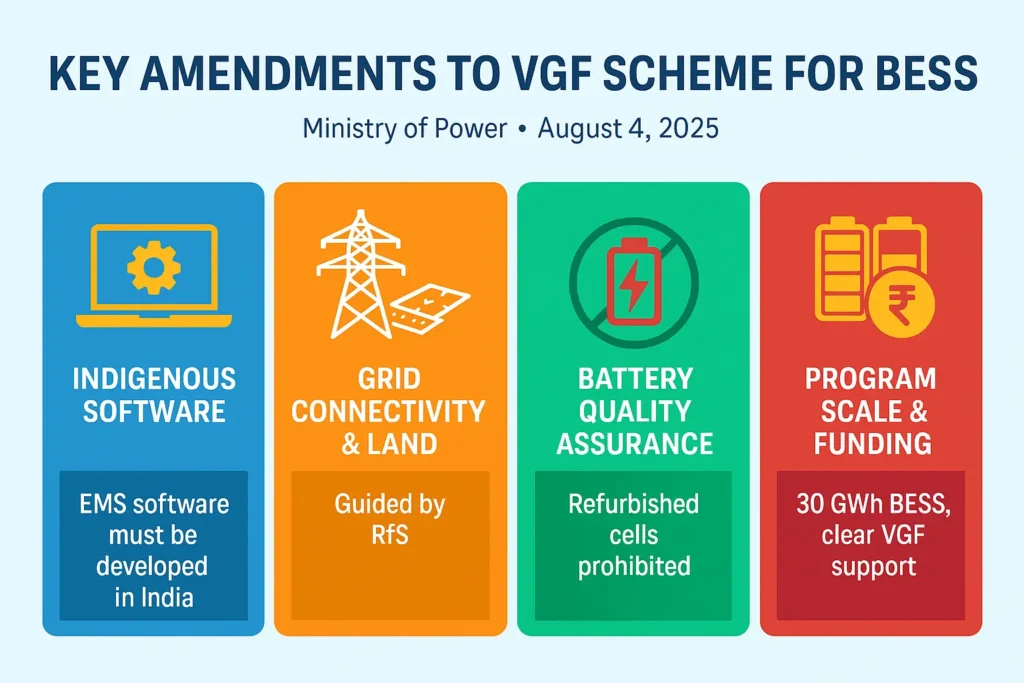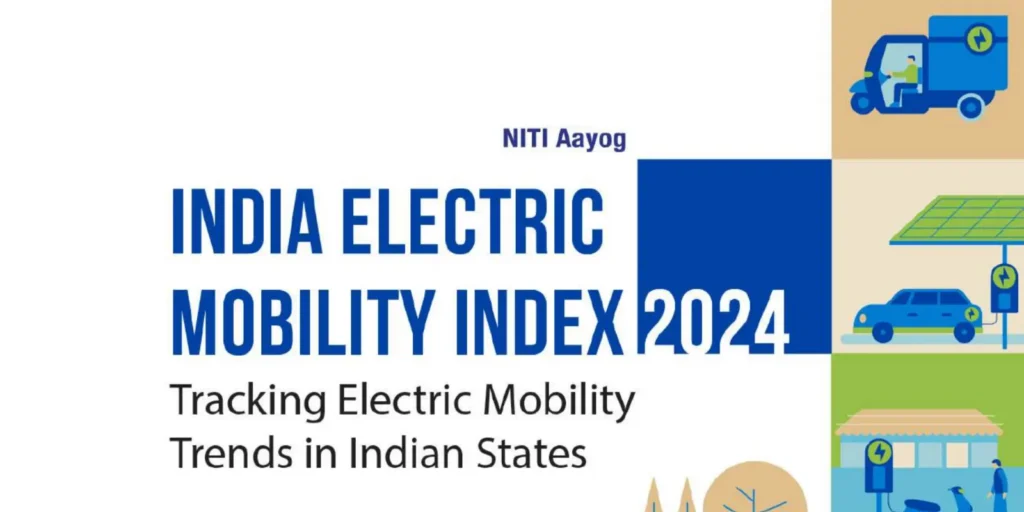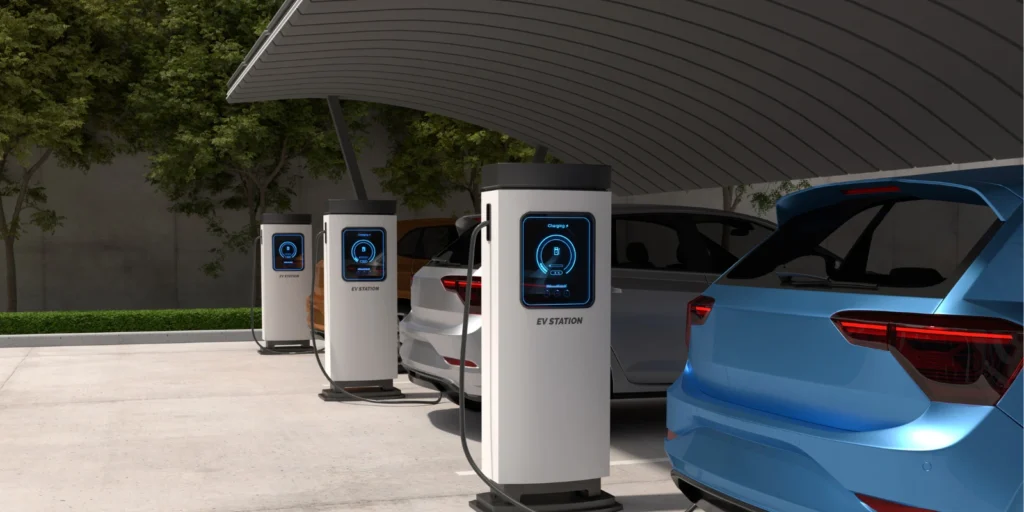
The Dubai Electricity and Water Authority (DEWA) has released Version 1.2 of DEWA EV Charging Regulations 2025, establishing a comprehensive framework that will shape the future of EV charging operations in Dubai. As the emirate continues its journey toward becoming a smarter, more sustainable city with net-zero carbon emissions by 2050, these regulations provide crucial clarity for aspiring and existing Charge Point Operators (CPOs).
Key Regulatory Changes and Requirements
Licensing and Operations Framework
Under the updated regulation, all public EV charging operations in Dubai must operate under DEWA’s oversight through one of three models:
- Direct development and operation by DEWA
- Operations through DEWA subsidiaries
- Independent operations via a CPO License issued by DEWA
For Independent Charge Point Operators, obtaining a CPO License is mandatory, with specific conditions that may vary based on the scope and nature of operations.
Standardized Pricing Structure
The regulation establishes clear pricing guidelines aligned with UAE Cabinet Resolution No. (81) of 2024:
EV Public Charging Fees:
- AC Charging: 0.7 AED/kWh (+VAT)
- DC Fast Charging: 1.2 AED/kWh (+VAT)
These fees comprise the CPO Charging Fee plus DEWA’s Red Slab Electricity Tariff and applicable fuel surcharge. Importantly, operators cannot offer discounts below the prescribed federal rates.
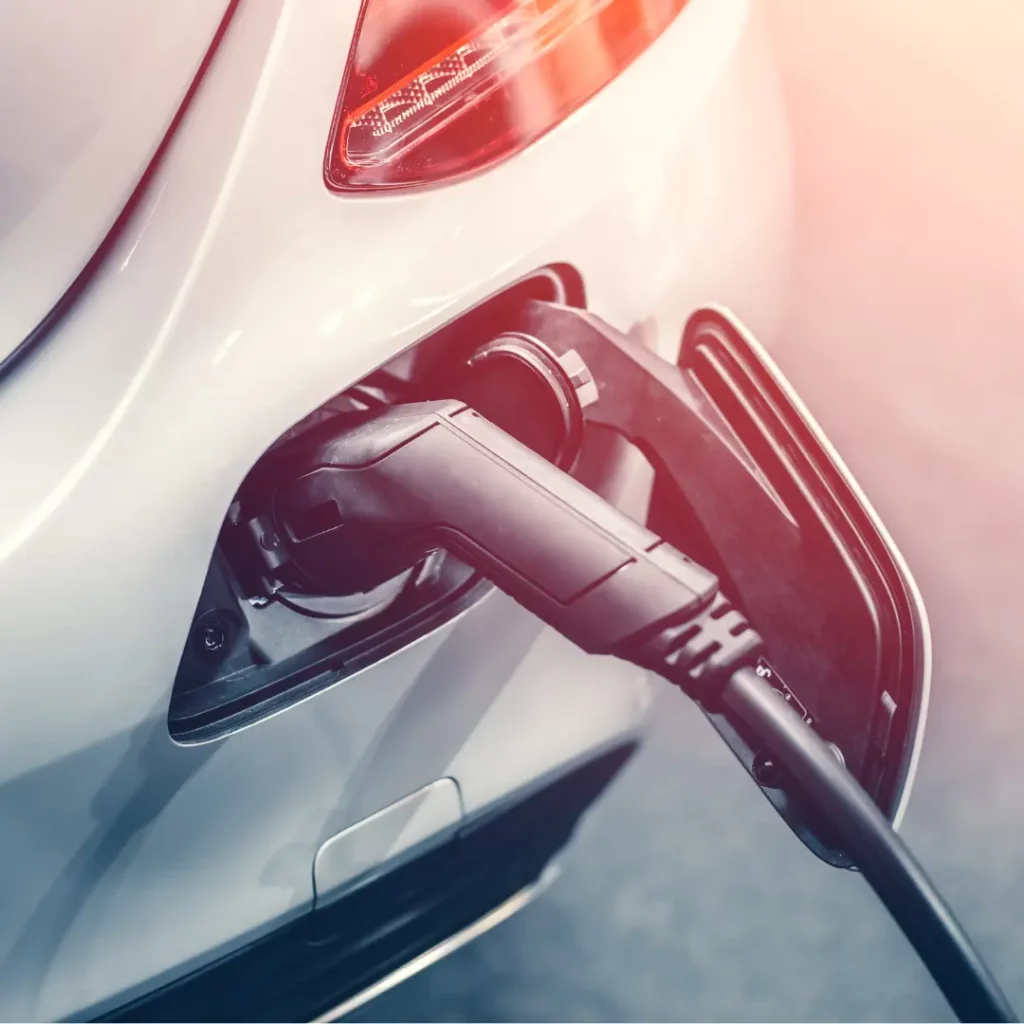
What is Private Charging
Private Charging is Charging that takes place through Private Charging Station Equipment. And, private charging equipment includes charging equipments providing charge to Electric Vehicles of household/Organisation that is Customer of DEWA.
In case of organisations, it does not include EV charging that is provided to the private vehicles owned by employees or other stakeholders.
What is Public Charging
Any EV Charging that does not come under the definition of private charging is classified as public charging.
Hence, EV Charging provided from Organisation’s Electricity Connection from DEWA to private vehicles of employees or other stakeholders will be classified as public Charging.

Annual Licensing Charges in DEWA EV Charging regulations 2025
For AC Public Charging Equipment:
- 500 AED per charging port
- (Approximately 1,000 AED per year for a typical dual-port charger)
For DC Public Charging Equipment:
- 100 AED per kW of output capacity
- Maximum of 7,500 AED per charging port
- (Up to 15,000 AED per year for a typical 150kW dual-port fast charger)
Operational Requirements for CPOs
Technical Compliance
- All charging equipment must comply with DEWA’s EV Charging Technical Regulations
- Equipment must connect exclusively to DEWA’s Distribution System
- Off-grid renewable or conventional power systems are prohibited without explicit DEWA authorization
Transparency and Customer Protection
- CPOs must provide transparent terms and conditions for charging services
- Invoices must include detailed breakdowns showing:
- DEWA Red Slab Electricity Tariff
- Fuel surcharge
- CPO Charging Fee
- Overstay charges (if applicable)
- VAT
Service Restrictions
- No subscription fees for accessing public charging equipment
- Additional services (like parking) cannot be priced higher for EV users
- Mobile charging services may include additional service charges if transparently disclosed.
Strategic Implications for CPOs
Market Entry Considerations
The regulation creates a structured market environment that balances innovation with consumer protection. For new entrants, the licensing framework provides clarity on operational requirements while the standardized pricing ensures market stability.
Revenue Planning
With defined pricing structures and licensing costs, CPOs can now develop more accurate business models. The regulation’s transparency requirements also build consumer trust, potentially increasing utilization rates.
Technical Infrastructure
The requirement for DEWA system integration emphasizes the importance of choosing charging management software that ensures seamless compliance with local technical regulations and OCPP standards.
End User Benefits
The regulation prioritizes user experience through:
- Standardized, transparent pricing across all operators
- Dedicated EV parking spaces
- Protection against overcharging
- Clear terms and conditions
Looking Ahead: DEWA EV Charging regulations 2025
The DEWA EV Charging regulations 2025 positions Dubai as a leader in structured EV infrastructure development. The framework supports the emirate’s ambitious sustainability goals while creating a stable business environment for charging infrastructure investment.
For aspiring CPOs, the key to success lies in understanding these regulations thoroughly and implementing robust charging management systems that ensure full compliance while delivering exceptional customer experiences.
Partner with YoCharge for DEWA Compliant EV Charging Operations
Navigating Dubai’s regulatory landscape requires experienced partners who understand both local requirements and global best practices. YoCharge has been supporting Charge Point Operators across 10+ countries in the MENA region, including active operations in Dubai and Abu Dhabi.
Our comprehensive EV Charging Management Software ensures full compliance with DEWA’s technical regulations while providing the tools you need to build a successful charging business. From OCPP-compliant hardware integration to transparent billing systems that meet DEWA’s transparency requirements, YoCharge delivers end-to-end solutions that grow with your business.
For fleet operators, limousine companies, and logistics providers in Dubai, our Fleet Electrification Software is already helping businesses successfully transition to electric operations while managing charging infrastructure efficiently.
Ready to explore opportunities in Dubai’s structured EV charging market? Let’s discuss how YoCharge can support your compliance journey and business growth.
Contact us at sales@yocharge.com or call +91-9462878912
YoCharge – Powering the future of electric mobility, one charge at a time.
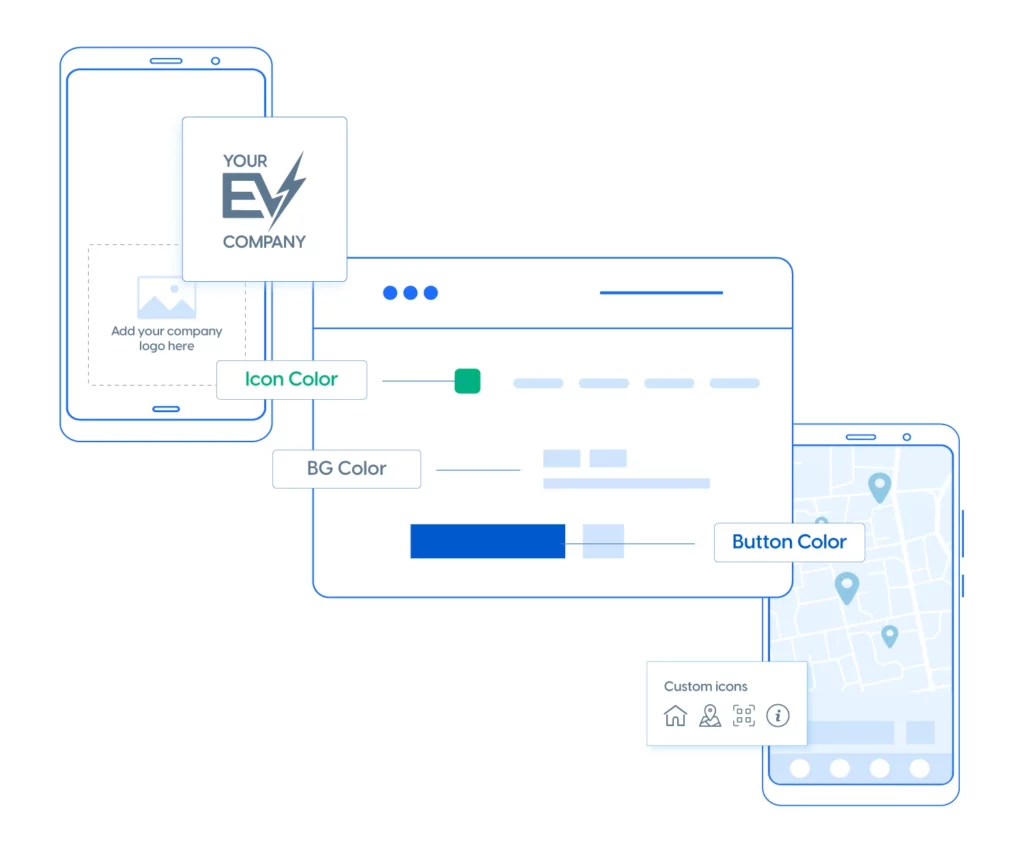
Get Started
Book Your Demo & get White-label solutions from our experts that are compliant with DEWA EV Charging Regulations 2025.
or


